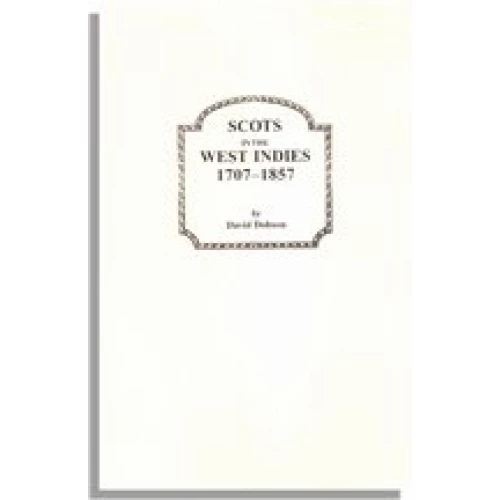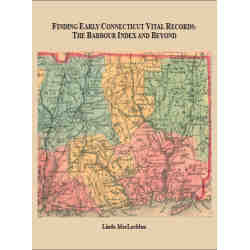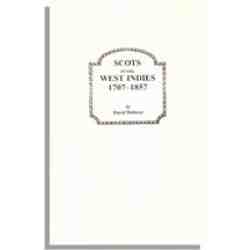Description
Scotland has had direct social and economic links with the West Indies for nearly 400 years. Settlement started in 1626 when James Hay, the Earl of Carlisle, was appointed Proprietor of Barbados, an event which led to a number of Scots making their way to the island. After the union of Scotland and England in 1707 and the lifting of restrictions on trade between these two countries, Scotland’s trade with the islands expanded and so did its stream of immigration throughout the West Indies. To a larger extent than elsewhere, the colonies of the West Indies attracted Scots with skills or money to invest. Scotsmen figured prominently in the Indies sugar cane, cotton, and tobacco-growing businesses, a phenomenon which promoted trade between the Indies and the mainland ports of Boston, New York, Philadelphia, Charleston, and Savannah. In due course, families moved between these various locations, and links were established. The Scottish population of the West Indies also increased when many Loyalists took refuge there following the American Revolution.
In the compilation of this volume, David Dobson combed archives and libraries in Scotland, England, and Denmark to yield the first listing devoted to Scottish inhabitants of the West Indies for the period between 1707 and 1857. While the full impact of Scottish settlement in the West Indies has yet to be fully researched, Mr. Dobson has clearly broken new ground where immigration source material is concerned. Arranged alphabetically by surname, many of the entries in this volume were culled from Scottish newspapers like the Aberdeen Journal, in which notices would appear seeking to employ managers and servants. In all nearly 3,000 Scotsmen are identified by full name, island inhabited, date, and source of the information, and sometimes by occupation, parent(s) name(s), and education.







Reviews
There are no reviews yet.